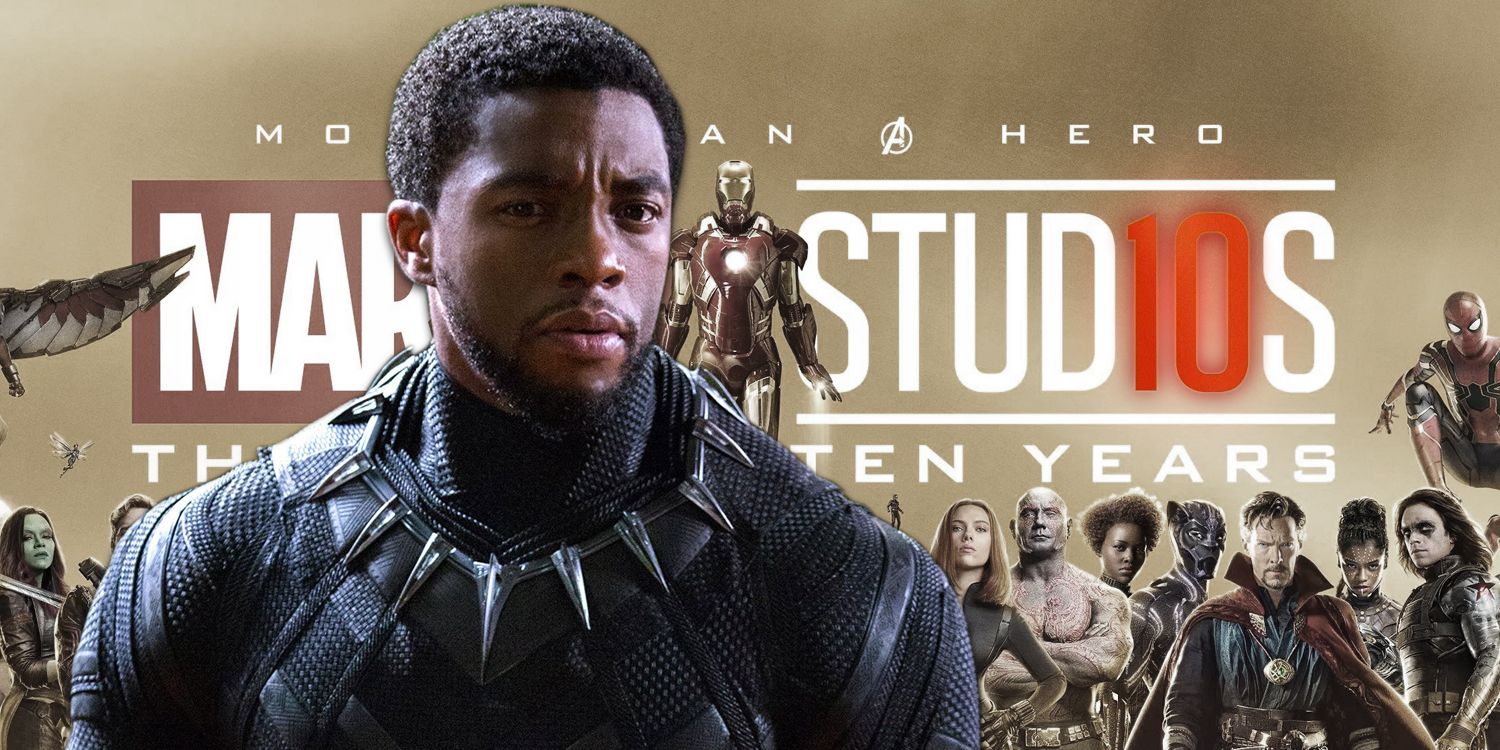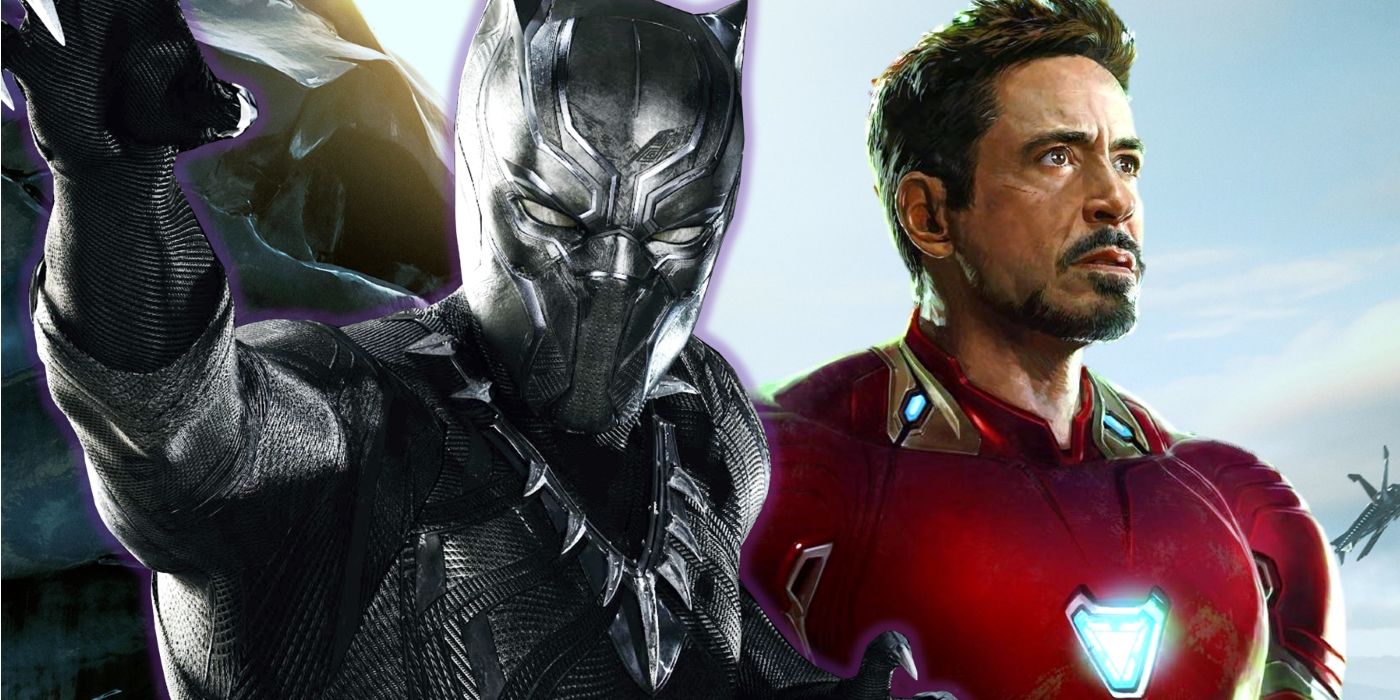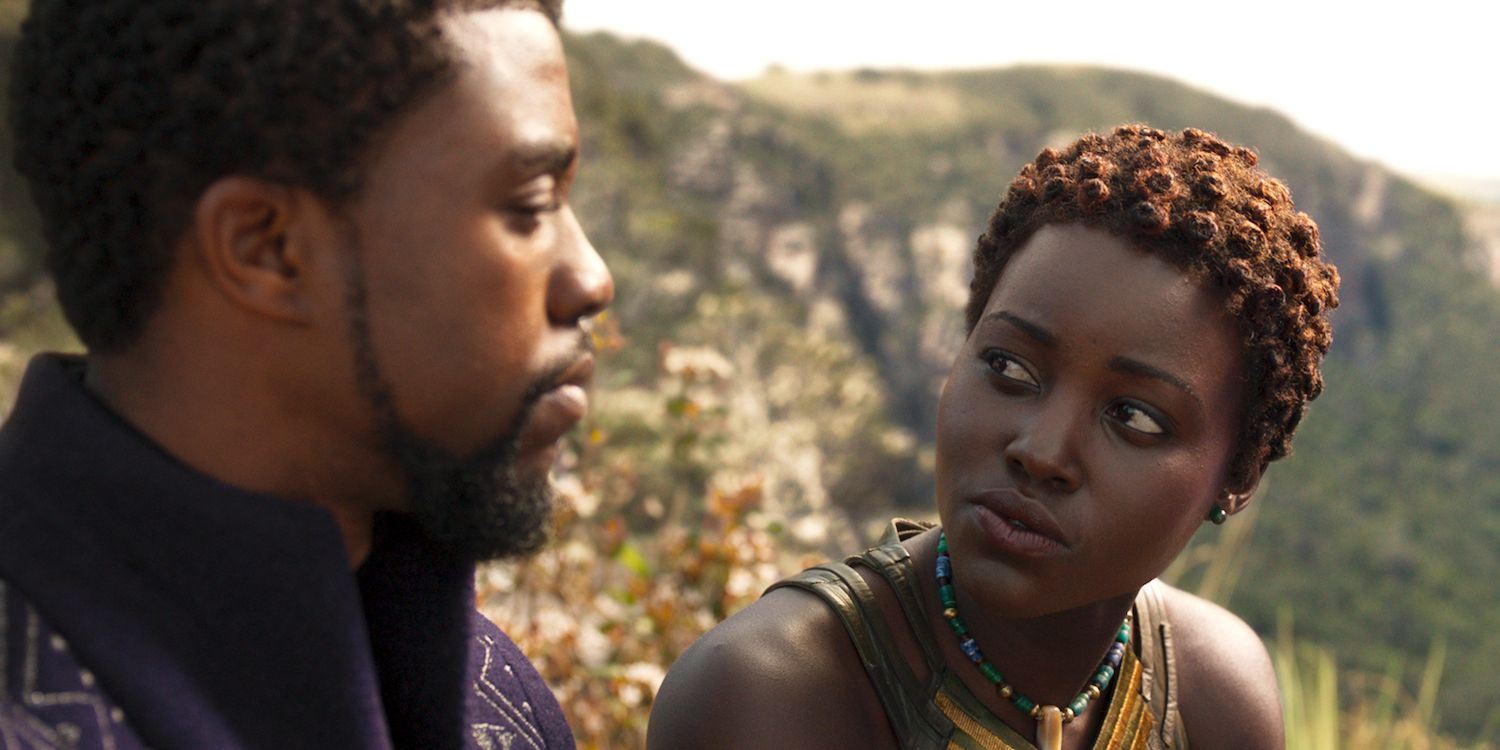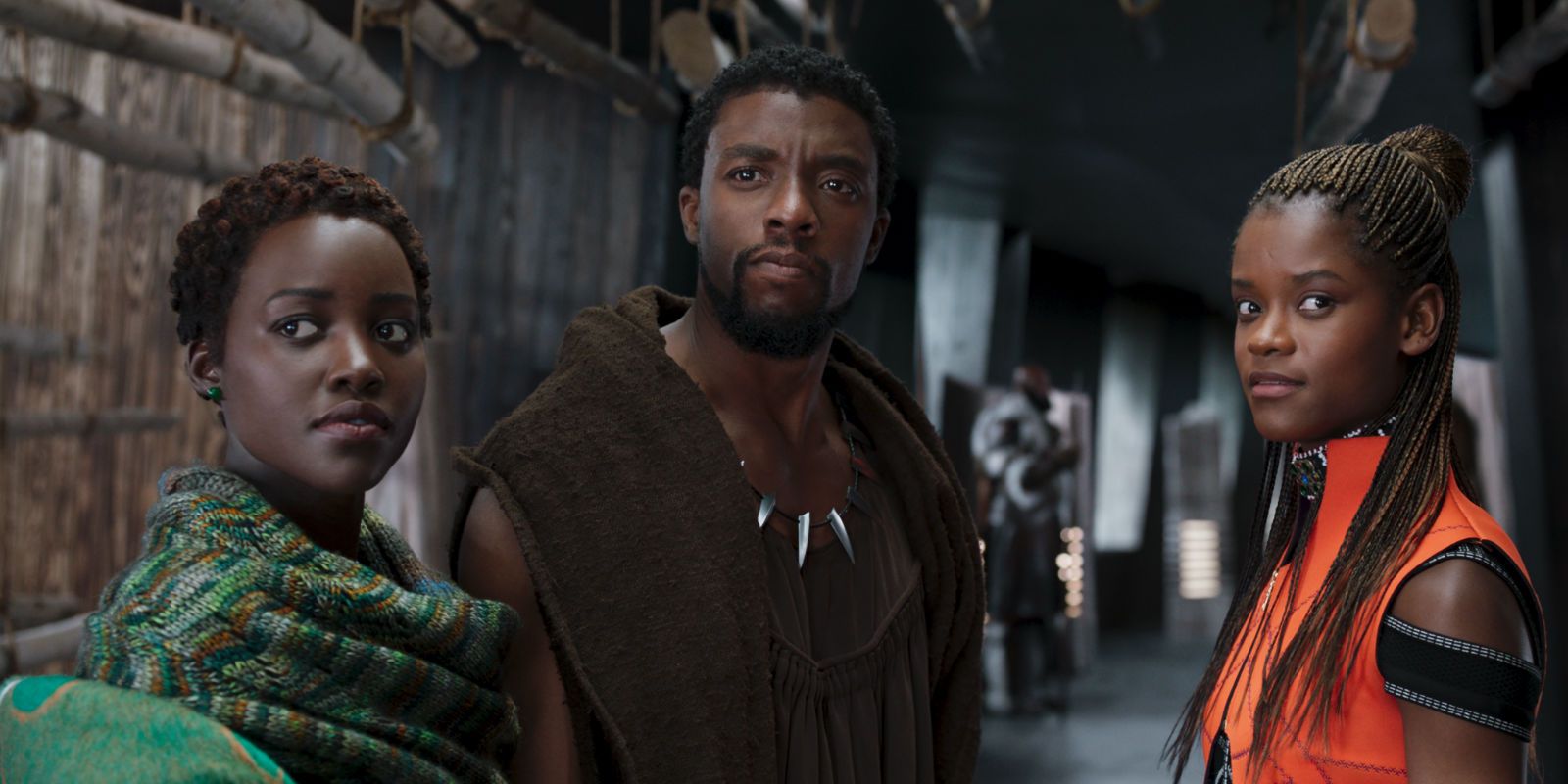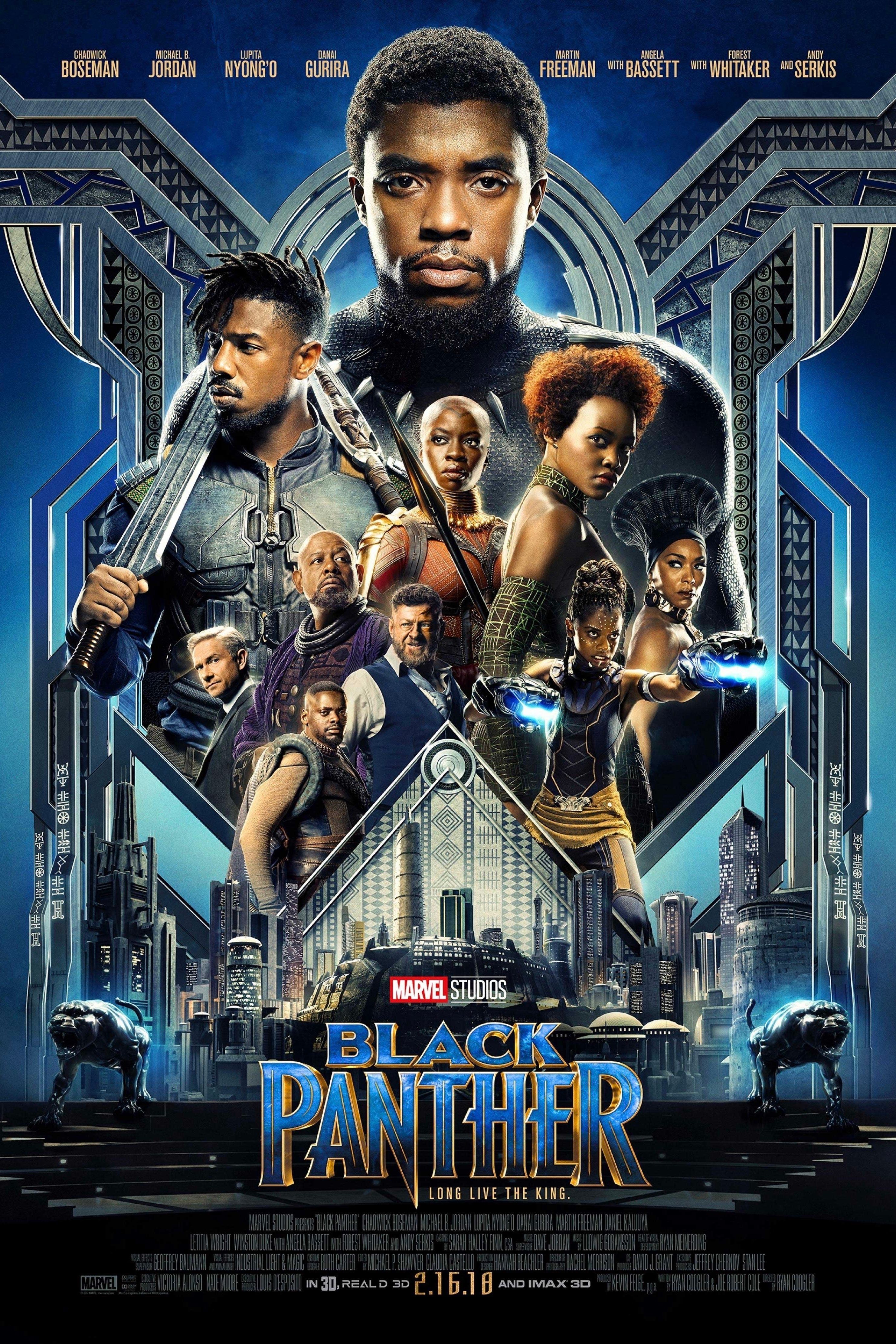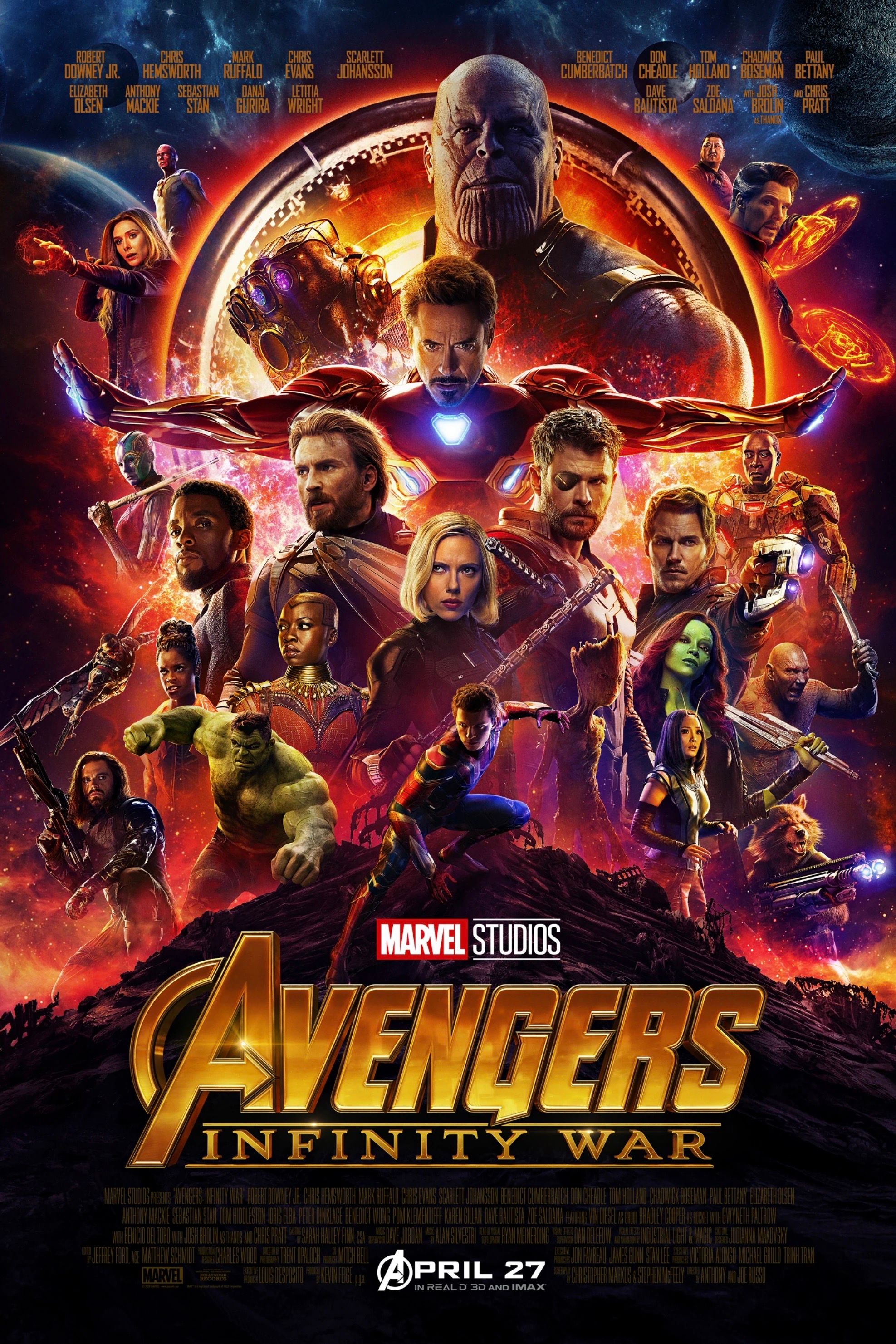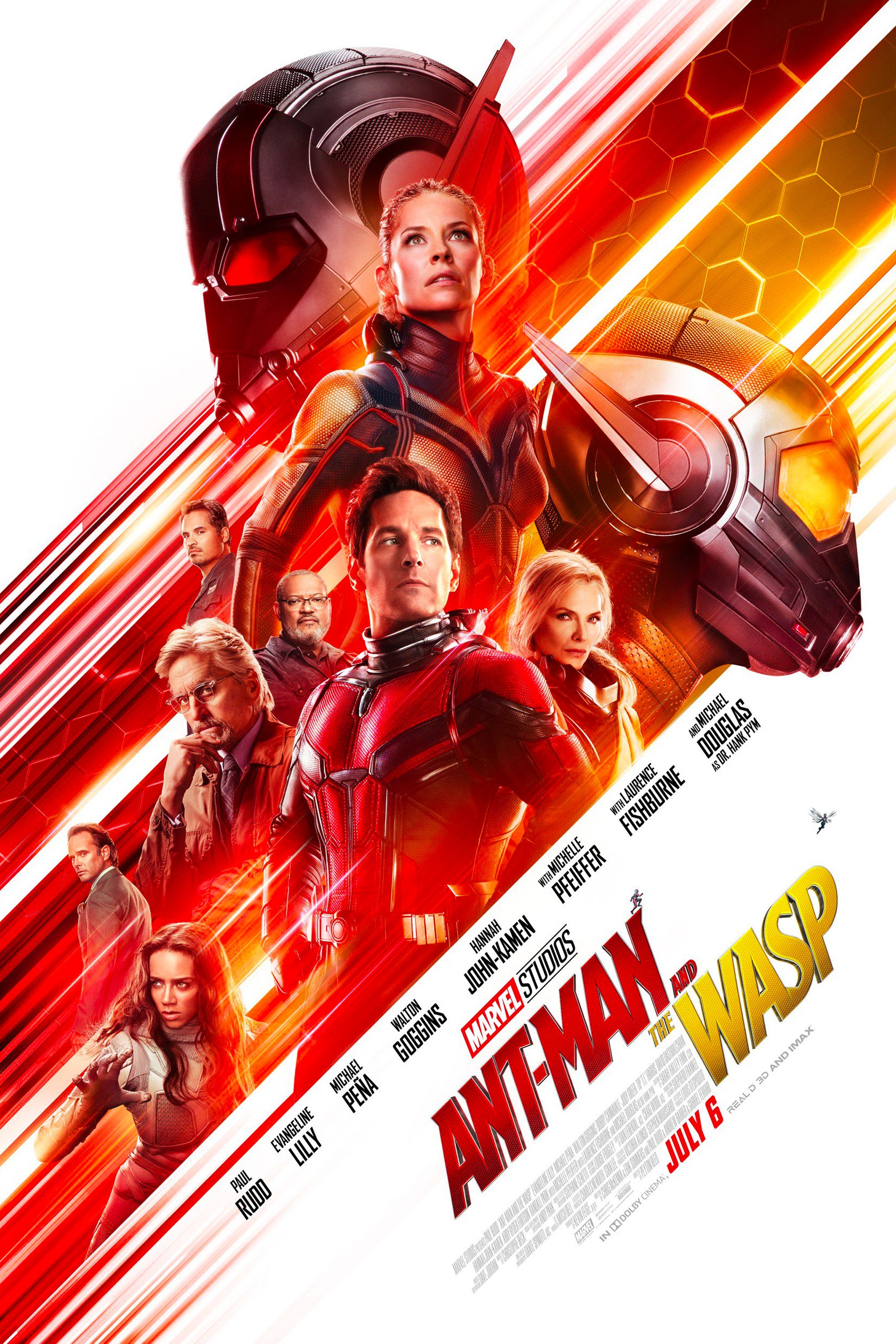Black Panther has finally arrived, with amazing reviews heralding another MCU hit. But why - after eighteen movies and ten years (fourteen if you count development) - is the Black Panther film only now happening?
How Hollywood approaches race and diversity is, of course, a major factor. Additionally, Black Panther has been delayed due to changes in the superhero line-up, both initially in the film's development and more recently in setting the film's theatrical release date.
Related: Black Panther Character Guide
In 2005, Marvel Enterprises, Inc. announced that they had raised enough money for ten Marvel films. The Marvel characters/teams that they named were Black Panther, Captain America, Nick Fury, Ant-Man, Dr. Strange, Hawkeye, Power Pack, Shang-Chi, Cloak & Dagger, the Avengers (presumably made up of the heroes from other films). Obviously, the plan changed: Black Panther marks only the fifth character from this list to get a Marvel film, and that came over a decade later.
So what happened? Iron Man.
Iron Man Wasn't Part Of Marvel's Original Plan
In 2005, Marvel bought the rights to Iron Man from New Line Cinema and, quickly, the plan changed. Prior to that, Tony Stark wasn't a central part of their Avengers plan, but as one of the most prominent B-list heroes, Iron Man became the first film in the Marvel Cinematic Universe. It remains one of Marvel's most impactful; Iron Man's popularity coupled with Robert Downey Jr.'s reclaimed star-power propelled the first phase of Marvel films towards The Avengers alongside Captain America and Thor.
Subsequently, Black Panther's development was delayed, as was the development of the Doctor Strange film. Screenwriter Mark Bailey was hired to develop a script for the project in 2011, but the film was not officially announced until 2014. After director Ryan Coogler signed onto the project in 2014, he developed a new script with screenwriter Joe Robert Cole. At the time, Black Panther was expected to be released in the fall of 2017, giving the production three years from writing to release.
Related: Marvel Didn’t Always Have Black Panther’s Character Rights
So what happened? Spider-Man.
In 2015, Marvel Studios brokered a deal with Sony Pictures, which owns the rights to the character Spider-Man, to bring Peter Park to the Marvel Cinematic Universe. Instead of having a competing Sony film and MCU film in the summer of 2017, the release of Spider-Man: Homecoming (2017) shifted the Marvel film schedule. Thor Ragnarok (2017) was moved to the fall of 2017, and Black Panther bumped to February of 2018 (Inhumans was also removed from the slate entirely and moved to TV).
Hollywood's White Male Focus Held Black Panther Back
Of course, there's no way to not address the fundamental and widespread problem in Hollywood when it comes to representation and diversity in film: Hollywood plays it safe. Producers ultimately want to make money, and they would rather fund projects that they know (or, honestly, believe) will make money, rather than projects that are uncertain. Uncertainty becomes conflated with unfamiliar, and as a result, films tend to resemble other films that are successful. This causes an infinite loop which is difficult to break out of: if all funded films look the same, then whichever ones end up being successful re-enforce previous models of success.
This affects representation and diversity because playing it safe applies not only to the stories of films but the protagonists and actors who play them. If every successful film stars a white, male protagonist, then producers are more likely, consciously or unconsciously, to create more films with white, male protagonists. There are recent examples of television and films that are breaking out of this cycle, including The Walking Dead or recent Star Wars films. Likewise, DC's Wonder Woman beat Marvel's first woman-led film, Captain Marvel to theaters by two years.
Related: Black Panther Character Guide
Captain Marvel, like Black Panther, was announced in 2014 and has been delayed throughout its development process. This is wwidely believed to be due to Marvel CEO Ike Perlmutter, who doubted these properties due to their difference from the white-male norm. Perlmutter became uninvolved in Marvel Studios in 2015 after conflict with Kevin Feige led to the dispassion of the Creative Committee, although had already relented on the prior two properties by that point.
That Black Panther Is Arguably A Lesser-Known Hero Shouldn't Matter
Beyond race, the popularity of characters also plays a factor that prioritizes some characters over others. Spider-Man is the most famous and recognizable superheroes of all time (illustrated by the number of reboots that have happened in recent years), making him an obvious character to capitalise on. Based on widespread recognition and issue sales, it'd be easy to explain away Marvel being wary of adapting a character like Black Panther.
However, that ignores that this was once trues of all its heroes. The entire MCU is built off of Marvel not having its A-list heroes (Fox has X-Men and Fantastic Four, Sony has Spider-Man, Universal Hulk) and turning its B-list into icons. Ten years ago, the likes of Iron Man, Captain America and Thor were lesser-known at best, jokes at worst (and that's saying nothing of D-list relics Guardians of the Galaxy). Marvel has made it their goals to recognise potential rather than look back over marketing notes, so while this is a statable excuse, it's hardly a viable one.
-
Black Panther embodies how taking a risk can pay off, even if the very reasons that make Black Panther dynamic and unique are the same reasons why it was delayed for seemingly more conventional options. Black Panther is a film that challenges many assumptions that Hollywood makes about Africa and the African experience. While American films often portray Africa as a place of uniformity and poverty, Wakanda is a nation of wealth, resources, variety, technological advancement - it is untouched by an exploitative colonial past. As a result, the many characters of Black Panther portray diverse, rather than homogeneous, African identity. Black Panther offers a perspective unlike any Marvel film to come before it.
While Hollywood has been resistant to telling these stories and representing these experiences, the excitement around Black Panther illustrates that this resistance is misguided. Fans and film-goers want to see different stories on the screen - and for many fans, they want to see themselves and their own lived experiences. Black Panther is long overdue, but hopefully, it signals the changing tides in Hollywood.
Next: All the Black Superhero Movies That Came Before Black Panther

